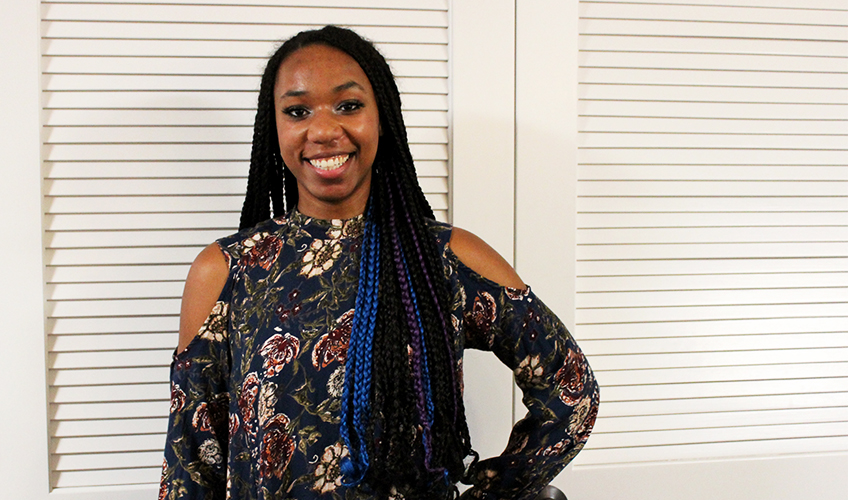
If you’ve ever walked through a history or anthropological museum, you’ve seen artifacts, folk art and archaeological finds inside glass cases and displayed on exhibit walls. Such items have captivated the public’s attention for centuries. Notable archaeological digs include the excavation of King Tutankhamun’s tomb and the discovery of the Terracotta Army, which was created for the first Emperor of China.
Virginia Theta Dakota Walker had the opportunity to be part of a real-life archaeological dig during a study abroad program in Athens, Greece. She spent eight weeks at the Agora of Athens, located near the Acropolis, or ancient citadel. The word “agora” means an assembly of people or a gathering place. The modern equivalent is a marketplace. Dakota spent five days a week digging and finding artifacts, washing the items, sorting the items and then correctly storing them for later examination. Those artifacts included pieces of pottery, bones, coins and more. In her spare time, she toured museums and visited other cities in Greece.
Dakota participated in the archaeological program as part of her major: classics. While the Classics Department at Washington & Lee (W&L) University offers a major in either Greek or Latin, or both languages together, they believe strongly that the languages must be situated within their social contexts. As a result, students are encouraged to take classes in subjects like philosophy, history, art history, religion, theater and archaeology.
Dakota has studied Latin since seventh grade, and wanted to be a classics major because of her love of ancient literature. “Latin is so beautiful,” she said. “Once you have the translating down, you can really dive into the artistic side of the language. For example, there is a moment in the Aeneid, an epic poem written by Virgil, where two people are in the same cave. The word for same and cave are on opposite sides of the sentence, while the characters’ names are in the inside of the sentence. It’s like a visual trick.”
Dakota also studies Greek at W&L since so many ancient authors wrote in both languages. The two empires were located right next to each other and while the Greek Empire was at its height of success and power, so too was the Roman Empire. Dakota takes pride in being able to switch back and forth between the languages. “I get a kick out of being able to read original works that are thousands of years old,” she said. “The languages are so complex and there are so many cool things you can do with them that you can’t necessarily do in modern English.”
